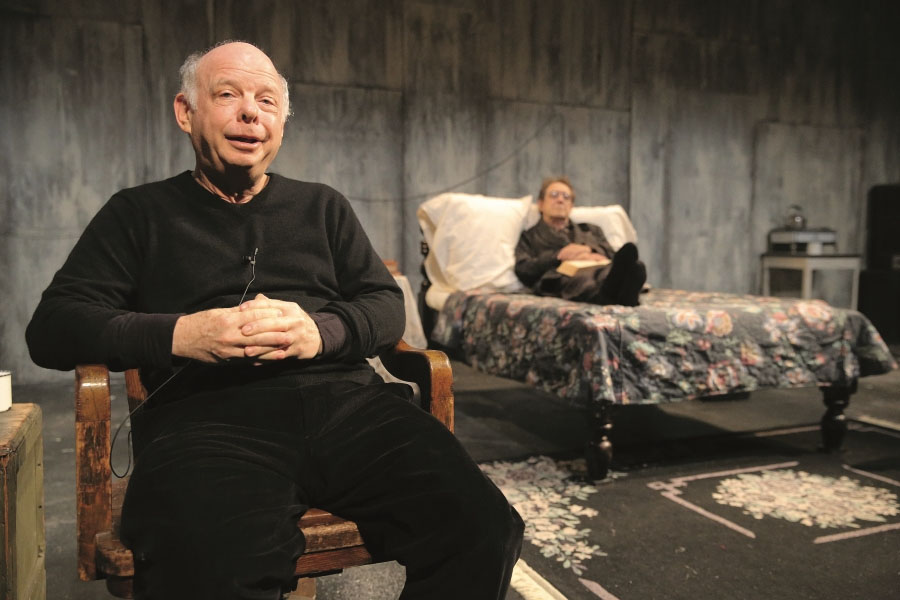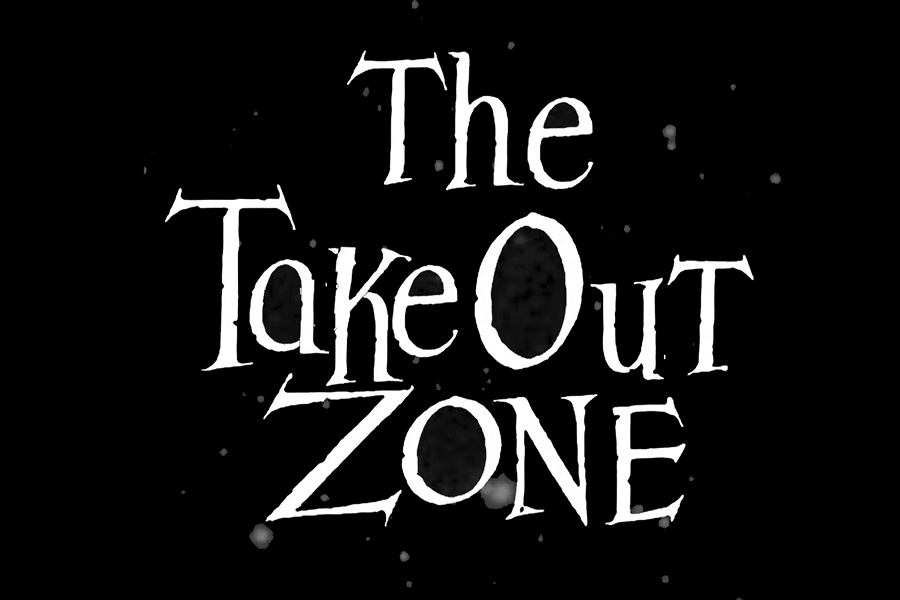
REDCAT theater has done it again. They consistently bring thought-provoking live performance art to Los Angeles. The Designated Mourner on May 12 was no exception.
This drama, originally performed in 2000, is shockingly relevant today. Andre Gregory (My Dinner with Andre), directed both productions. The Designated Mourner examines the balance of interpersonal relationships between these characters while their government slips into a fascist rule. The lead actor and writer, Wallace Shawn plays Jack, Deborah Eisenberg plays Judy and Larry Pine plays Howard.
A designated mourner is the person closest to the deceased according to Jack. In some cultures, if there is no such person, someone is designated to mourn the person who died. Jack is the designated mourner of a special world that has died.
Jack is generally a likable character who is aware of his flaws. He even pokes fun at himself as he muses on his life with his wife, Judy and his father-in-law, Howard. The three live together in Howard’s home. As the story progresses the trappings of Jack’s life and his dissatisfaction in this family dynamic become clearer.
Early on Jack considers the issue of a difference between “highbrow and lowbrow” people. He read about the term in the New York Sun. This is the crux of Jack’s inner battle. Both Judy and Howard are highbrows. Howard, an intellectual and poet mingled with political leaders. And through him, so has Judy. However, Jack is completely aware that he is “lowbrow” and he is fine with this designation.
“There has to be a distinction between what we say,” said Jack. “Saying, ‘I like poetry or I like Rembrandt’ are lies. On the other hand (we say) things that are true, like I’m watching this (TV) screen right now, eating chocolate and I’m enjoying it.”
The characters talk to nobody in particular but they sometimes speak to each other. As Jack discusses these nuances of their social order his wife Judy interjects. She conveys feelings of pain and misses the connection with her husband. But she does this also against the backdrop of autocratic rule they live under. Judy’s voice bears witness to the violence, corruption and repression in their government. In this near future setting, we’re able to comprehend the brutal acts of this regime.
Father-in-law, Howard is sensitive. He was born into the heart of the ruling elite. Eventually, he decides he loves the poor and hates the rich and all those who run their country. He moved away to write poetry, Jack explains. After he writes an essay about the poor in his country Howard develops a bond of sympathy toward them. It lasted thereafter. But Howard also has an association with their president, through his father. Judy surmises this association is the only reason her father is allowed to exist.
These events set the beginning of the eventual outcome for Howard and his family. The entire production is intriguing. It exemplifies the unraveling descent of a government before our eyes. We become cognizant of the atrocities this family and country are thrust into by this totalitarian administration as the story unfolds. We also see the interior workings of a narcissistic “lowbrow” likable character Jack. He is more concerned with his personal world and the actions of the people in it rather than the state of affairs of his government.
This allegory presents a choice. It’s between what is good and what we like versus consciousness and actions towards what we want for our society. The narrative taking place in an unnamed country shapes conscience. Differences between the high and low brow, political and personal are all presented. The Designated Mourner is a stimulating piece which unnervingly mirrors events in our piece of this world today.











